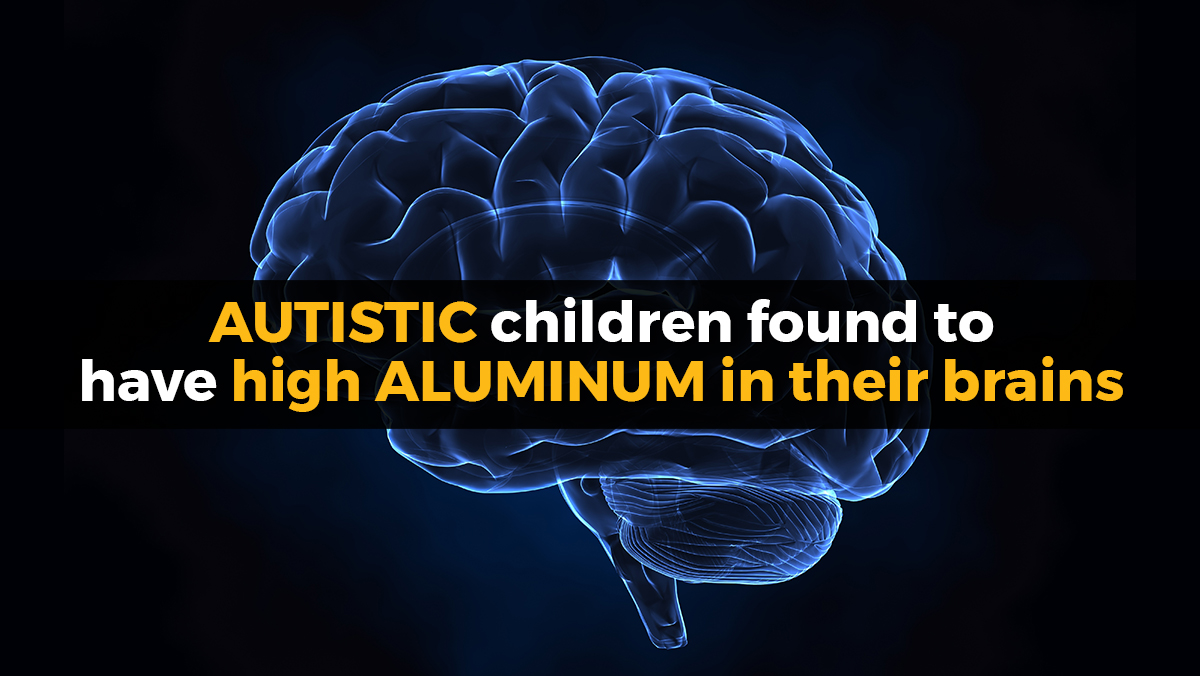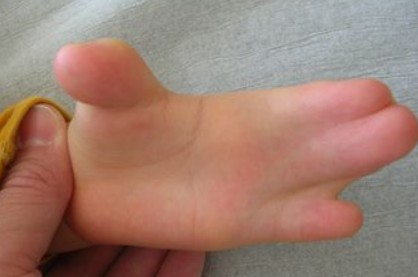Keep your brain young with these unique methods, including yoga balance exercises
07/23/2025 / By Lance D Johnson

Feeling younger than your actual age isn’t just a matter of perception; it’s a reflection of your brain’s health. According to researchers, the brain’s size, blood flow, and cognitive function can all decline with age, but certain lifestyle changes can help you maintain a youthful and resilient brain. By focusing on balance, memory, and social connections, you can keep your brain sharp and spry, regardless of your chronological age.
Key Points:
- Working on balance, sharpening your mind, and maintaining close relationships are key to keeping your brain young.
- A balanced diet, sleep, meditation, and multivitamins can also support brain health.
- Social connections are linked to better cognitive function and decreased risk of dementia.
- Learning new skills is important.
The importance of balance
Balance, or overall stability, is crucial for protecting the brain in multiple ways. First, having good balance helps prevent falls, which can lead to significant injuries and impact your mobility, daily life, and mental health. “It can sway your self-perception of aging in an older direction while accelerating aging processes in the brain,” notes brain researcher Marc Milstein, Ph.D.
Second, balance training enhances neuroplasticity, the brain’s ability to change and adapt to new experiences, and cognitive functioning. Activities like dance, Pilates, yoga, tai chi, and even throwing a ball can improve your balance and cognitive health.
Sharpening your mind
Memory loss is not a normal or unavoidable part of aging. You can train your brain to retain information better and improve long-term brain health.
This can include:
- Playing brain games: Research-backed games like Brain HQ or Cognifit can enhance cognitive function.
- Crosswords and Sudoku: These puzzles challenge your brain and improve memory.
- Sleep and meditation: Adequate sleep and regular meditation can help improve memory and cognitive function.
Moreover, your diet plays a crucial role in brain health. Diets rich in fiber, fruits, vegetables, and healthy omega-3 fats can protect the brain from inflammation and early cognitive damage. Avocados, for instance, are packed with healthy fats, fiber, and nutrients like vitamin K and potassium, which support brain health. Multivitamins can also fill nutritional gaps and support cognitive health. A study published in 2023 found that taking a daily multivitamin helped older adults enhance their memory recall and maintain better cognitive health overall.
Maintaining close & meaningful relationships
Research shows that long periods of loneliness are linked to accelerated memory aging, especially in women. On the other hand, maintaining strong social connections helps promote brain health and decrease the risk of cognitive decline and dementia. Face-to-face interactions, such as enjoying meals with friends and family, volunteering in your community, or taking a walk with a friend, can foster a sense of belonging and connection.
Additional tips for keeping your brain young
- Stay physically active: Regular exercise, such as walking, swimming, or cycling, increases blood flow to the brain, improves mood, and reduces the risk of cognitive decline.
- Learn new skills: Engaging in new activities, such as learning a musical instrument, a new language, or a new hobby, can stimulate the brain and enhance cognitive function.
- Manage stress: Chronic stress can negatively impact brain health. Techniques like deep breathing, yoga, or talking to a therapist can help manage stress levels.
- Stay hydrated: Dehydration can affect cognitive function, so make sure to drink plenty of water throughout the day.
- Limit alcohol and avoid smoking: Excessive alcohol consumption and smoking can damage brain cells and increase the risk of cognitive decline.
Feeling younger is linked to fewer signs of brain aging, and slowing brain aging likely contributes to feeling younger (at least mentally). By working on your balance, sharpening your mind, and prioritizing relationships, you can keep your brain young and resilient, regardless of your age. Incorporating healthy habits and mindful practices into your daily routine can make a significant difference in maintaining a vibrant and youthful brain.
Sources include:
Submit a correction >>
Tagged Under:
aging, aging secrets, balance, Brain Games, brain health, brain resilience, brain training, cognitive decline, cognitive function, dementia, diet, inflammation, lifestyle changes, longevity, Meditation, memory, mental age, mind body science, multivitamins, neurological health, neuroplasticity, neuroprotection, omega-3 fats, prevention, sleep, social connections, Yoga
This article may contain statements that reflect the opinion of the author
RECENT NEWS & ARTICLES
COPYRIGHT © 2017 SCIENTIFIC NEWS




















